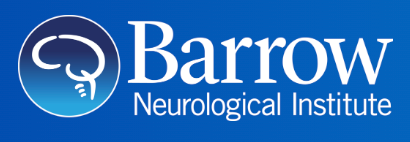Barrow Neurological Institute in Phoenix, AZ offers a variety of inpatient and outpatient services for people with aphasia, led by our highly skilled speech-language pathologists and other neuro-rehabilitation therapists. Both individual and group therapy services are available. Please contact Stephanie Voss with any questions related to outpatient speech therapy.
Main line: (602) 406-1600
Office phone: (602) 406-7210
email: stephanie.voss@commonspirit.org
Additionally, we provide a bimonthly community conversation group for individuals with aphasia. Please contact aphasia.connections@commonspirit.org for more information.
